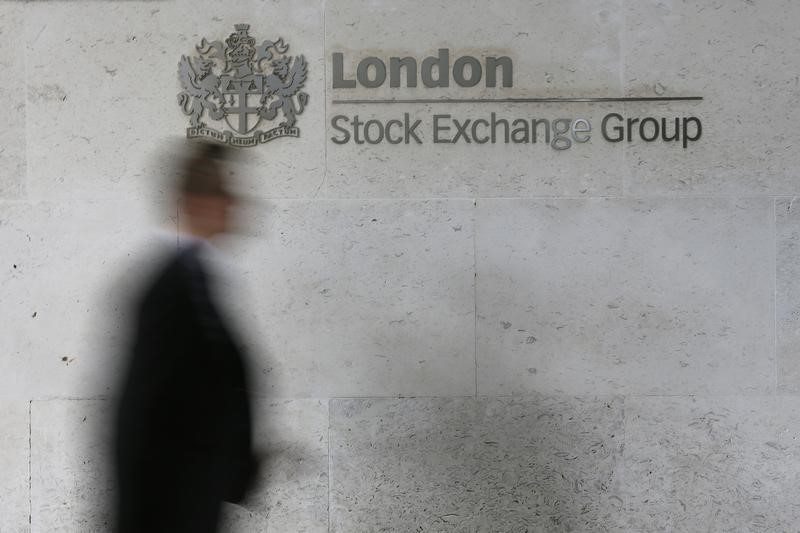By Jamie McGeever
LONDON (Reuters) - Financial market trading revolved around the U.S. dollar on Wednesday with European shares rallying on the back of a weak euro and U.S. shares and commodities struggling.
The dollar soared to a fresh eight-year high against the yen after having fallen back earlier on Wednesday following its biggest rally in two years the day before. But its renewed strength against the Japanese currency sent ripples across other asset classes.
At midsession in Europe, the dollar was up 0.5 percent against the yen at 123.68 yen
This pushed the euro back well below $1.09, meaning the single currency was unchanged on the day having been up as much as 0.4 percent earlier.
On Tuesday, the dollar index, a measure of the greenback's value against a basket of six currencies, rose 1.3 percent, its biggest rise since July 2013.
"Dollar/yen is the cleanest way to track dollar bullishness, and this is currently proving to be the case. The fact that bets against the yen have been so much less crowded than bets against the euro recently also helps," Morgan Stanley (NYSE:MS) currency analysts said in a note on Wednesday.
There were no major U.S. or European economic data due on Wednesday, leaving traders to ruminate on the timing of the first U.S. interest rate hike and the latest twists in the Greek debt talks saga.
Greece and its European creditors have played down fears that Athens would default on a payment to the International Monetary Fund next week. Greece could avoid the June 5 payment without defaulting if it lumps together all IMF repayments due in June and pays them at the end of the month.
But U.S. Treasury Secretary Jack Lew warned that a miscalculation could lead to a new crisis, and that it would be a mistake to think this would have no consequence for the wider world.
The FTSEuroFirst 300 leading index of 300 top European shares was up half of one percent at 1610 points (FTEU3) and Britain's FTSE (FTSE) rose 0.6 percent to 6,988 points.
France's CAC (FCHI) was up 0.5 percent at 5,108 points and Germany's DAX (GDAXI) was up 0.1 percent at 11,639 points.
Asian shares took their cue from Wall Street's weakness on Tuesday, and the MSCI's broadest index of Asia-Pacific shares outside Japan (MIAPJ0000PUS) retreated by 0.8 percent. But Tokyo's Nikkei (N225), supported by the yen's fall, bucked the trend and rose 0.2 percent.
U.S. futures pointed to a broadly flat open on Wall Street after Tuesday's 1 percent slide, its biggest fall in three weeks.
U.S. NORMALISATION
In bond markets, the 10-year German Bund yield fell two basis points to 0.53 percent
Voters in Spain punished the ruling Popular Party in local elections over the weekend after years of austerity policies.
The 10-year U.S. Treasury yield was up two basis points at 2.15 percent (US10YT=RR), and the two-year yield up four basis points at 0.65 percent (US2YT=RR).
Indicators on Tuesday showed that U.S. business spending plans increased, consumer confidence improved and house prices extended gains. The data supported the stance taken by Federal Reserve Chair Janet Yellen, who said on Friday the central bank could hike rates this year if the economy keeps improving.
"Conditions have normalised considerably in recent years. As Yellen noted, if this process of normalisation continues, then monetary policy is likely to normalise correspondingly," said Goldman economist David Mericle.
Commodities took heart from the dollar's weakness on Wednesday.
After tumbling nearly 3 percent on Tuesday, U.S. crude

Gold gave up earlier gains and was last down at a two-week low of $1,184 an ounce